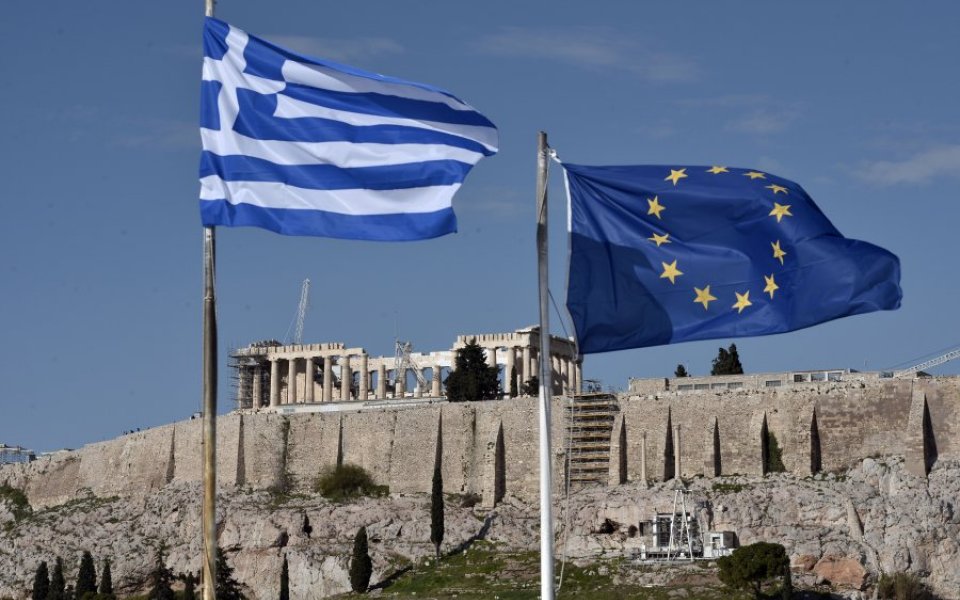The National Bank of Greece, Piraeus Bank and Alphabank share price: Banks send Greek stocks to lowest level since 1990

Heavy losses among Greek bank shares, sparked by fresh political uncertainty over the country's €86bn (£66.4bn) bailout, sent its stocks to their lowest level since 1990 today.
Traders and analysts attributed the turbulence to uncertainty that a bailout review by the country's lenders could drag on.
Greece's "troika" of creditors – the European Commission, the European Central Bank and the International Monetary Fund – are preparing to finish a crucial first assessment of its compliance with bailout terms this month to unlock new financial aid.
Read more: Are plunging stocks predicting global meltdown?
The Athens Stock Exchange skidded 7.05 per cent to 468.38 points in mid-afternoon trading. Greek banks were the biggest losers, with the FTSE Athens banks index shedding 19.2 per cent to 25.54 points.
The National Bank of Greece fell 24.63 to €0.15 per share, while Piraeus Bank slumped 21.32 per cent to €0.11 and Alphabank slipped 13.24 per cent to €1.18.
"The market is pricing in financial and political instability and delays in the review," Manos Hatzidakis, an analyst at Beta Securities, said.
Read more: Greece's pensions crisis is still an economic time bomb
Greece must introduce politically contentious pension reforms to win a positive assessment from lenders of its level of adherence to conditions of an €86bn bailout that deeply indebted Athens signed up to in 2015.
A green light would pave the way to discussions on debt relief that the cash-strapped country so desperately needs.
It needs to save €1.8bn, the equivalent of one per cent of its economic output, from pension reforms. It also needs to raise about €350m from tax hikes to achieve a primary surplus of 0.5 per cent of gross domestic product.